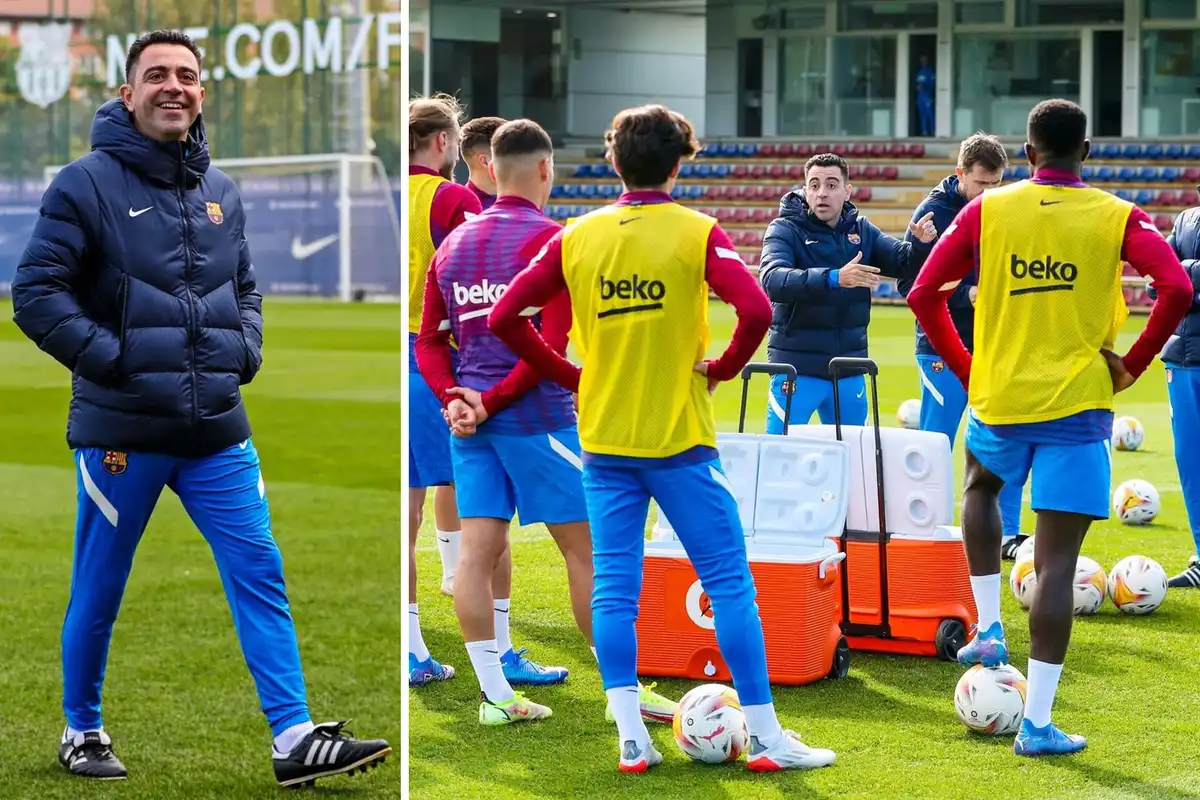FC Barcelona, the Spanish champions, faced defeat in their final UEFA Champions League group stage match with a 3-2 loss against Antwerp on Wednesday. Despite encountering two defeats, the Catalan side secured the top spot in Champions League Group H.
The Blaugrana entered the European clash following a defeat to the season’s dark horse, Girona, who currently tops La Liga. Amid disappointing results and financial constraints due to Financial Fair Play (FFP), the club has now imposed a ban on players taking showers at the club facilities.
Why are Barcelona players banned from taking shower at training facility?
Xavi-led Barcelona suffered a shocking 4-2 defeat at the hands of Girona, who continued their dream run by overpowering the defending title holders. Former Barcelona player Valery Fernandez’s goal pushed the Champions down to the 4th spot on the league tables.
Earlier, Barca introduced an innovative attempt to clear the financial constraints by selling souvenirs. Interestingly, the club has now restricted players from showering at the stadium and training facilities starting in January 2024, due to a shortage of water in the Catalan region.

Therefore, the Catalan government has announced the implementation of drastic measures to control water usage under the ‘pre-emergency phase.’ Consequently, major Catalonian clubs from Barcelona, Girona, and Espanyol are facing challenges due to a shortage of rainfall and a water crisis.
According to El Periodico, all three Catalan-based La Liga clubs have signed an agreement with the local government, permitting the teams to continue watering their pitches. However, in compensation for water usage, they are required to make adjustments, including limiting showers at stadium facilities.
🚨 It is forbidden for FC Barcelona players to shower after matches or training at the club's facilities.
— Managing Barça (@ManagingBarca) December 13, 2023
This is because of the shortage of water in Catalan. @mundodeportivo pic.twitter.com/1KAQBqOGpO
The prolonged drought has prompted the Catalan state to implement precautionary measures, and as a consequence, water bills are set to rise in the region.
When will the new Camp Nou be ready?
The Catalan giants are currently hosting their rivals at Estadi Olímpic Lluís Companys, their interim home stadium, as the iconic Camp Nou undergoes renovations. This major overhaul is part of the $1.5 billion renovation project, during which Camp Nou will extend its seating capacity while also opening up new streams of revenue.
🏗 We're building the new Spotify Camp Nou pic.twitter.com/ev8jZPa7Rg
— FC Barcelona (@FCBarcelona) October 21, 2023

The new Barca stadium, built with a sustainability approach, is also expected to be one of the venues for hosting the 2030 FIFA World Cup, which is set to be jointly hosted by Spain, Portugal, and Morocco.
Will you be visiting the new Barcelona stadium? Tell us what you think in the comments.







